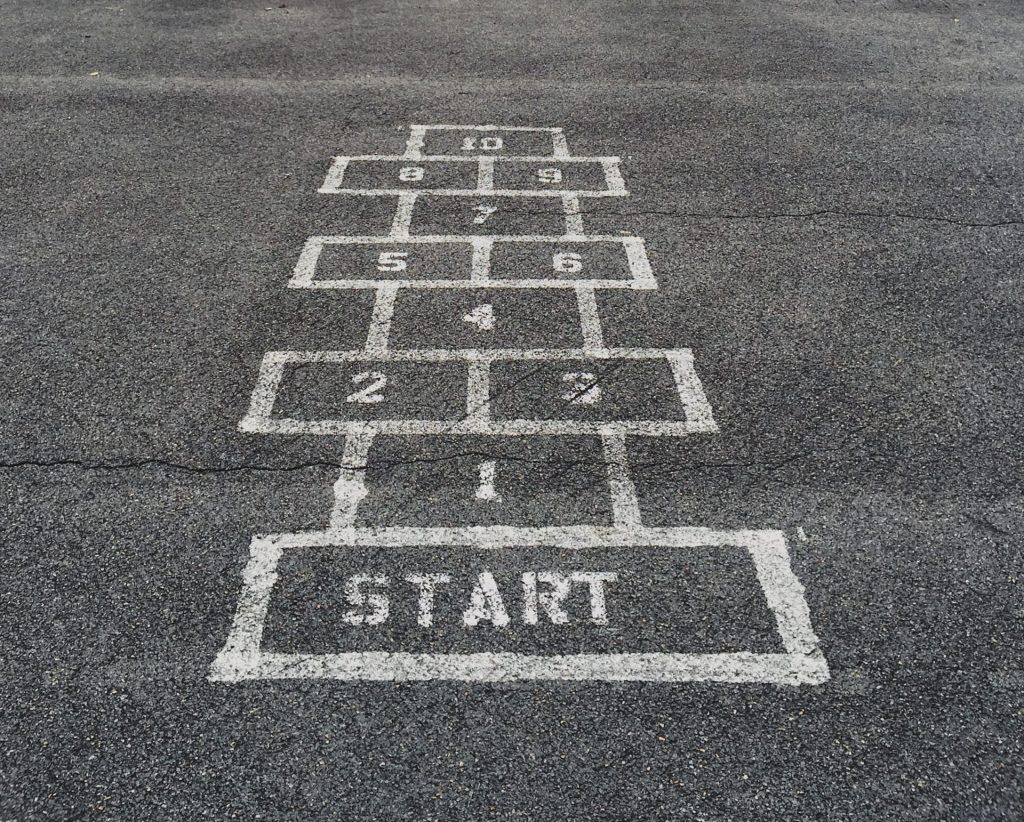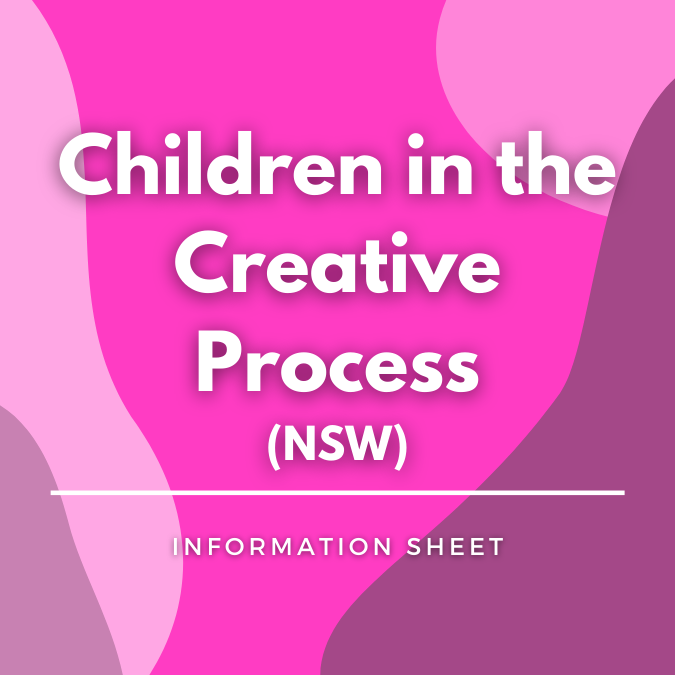Easy as 1, 2, 3? Contracts in 10 Questions

Do you have questions about contracts? Arts Law has published a new information sheet explaining contract basics in ten simple questions. You can see the new information sheet here.
The new information sheet covers:
- What is a contract? A contract is a legally enforceable set of promises. Four elements need to be present: (i) a clear offer, (ii) acceptance of that offer, (iii) an exchange of value of some kind called ‘consideration’, and (iv) an intention by both parties to be legally bound.
- Are contracts always in writing? No, they aren’t. If the four elements of a contract are present, then you have a legally binding contract – even if it happened over the phone, by email or some combination of the two. However, Arts Law recommends using signed written contracts so that your rights and responsibilities are clear. This can help you avoid disagreements and protect you when they do arise.
- How do you know if you’ve entered a contract? It can be hard to tell sometimes. You need to think about whether the four elements of a contract are present (offer, acceptance, consideration and intention).
- Who can enter into a contract? Not everyone has legal capacity to enter a contract. For example, people under 18 years of age, people with a mental impairment and people signing on behalf of a company without authority may not have legal capacity to enter a contract.
- Is it okay start work before signing a contract? There is always pressure to start working on a project straight away. But if the contract falls through, or there is a disagreement about the scope of your work, then you risk not getting paid or having your work used in a way you didn’t want. To help manage these risks, it is always better to wait until you have a signed written contract before starting to work on a project.
- I found a template contract online. Is it okay to use this? Contracts need to be drafted with your specific circumstances in mind, especially when it comes to how your creative work will be owned and used. This is to make sure your creative work is only used the way you intend. Template contracts might have been drafted under the laws of another country and refer to things that don’t apply in Australia.
- I don’t feel like I can negotiate the contract. What should I do? All contracts can be negotiated, especially if you are a named party (rather than just agreeing to standard terms and conditions). You should think about negotiating and clarifying things like: what your brief is and if it is clear; your delivery dates and whether they are reasonable; your fees/compensation; etc.
- What should I do with a contract once it’s agreed? Keep a signed copy of the contract somewhere safe in case you need to refer to it. It will be useful if you need to check if people are doing what they promised, or if there is a disagreement arises.
- I would like to change the contract, but it’s already agreed. What should I do? It is possible to change the contract by agreement with the other party. You can do this by both signing a new contract that sets out the changes to your original contract. This is sometimes called a ‘variation’. The variation contract must have the four elements of a contract.
- I’m in a disagreement with the other party to the contract. What should I do? You should check if your contract has a ‘dispute resolution’ clause that sets out a process for dealing with disputes. Follow that process if there is one. This might include going to mediation. Even if there isn’t a dispute resolution clause, you can still agree to go to mediation. Your contract might also have notice requirements, so check if it does and follow those requirements.
If you have questions about any of these issues because of a project you are working on or have worked on, you should get legal advice. You can submit a legal query to Arts Law on our website.




